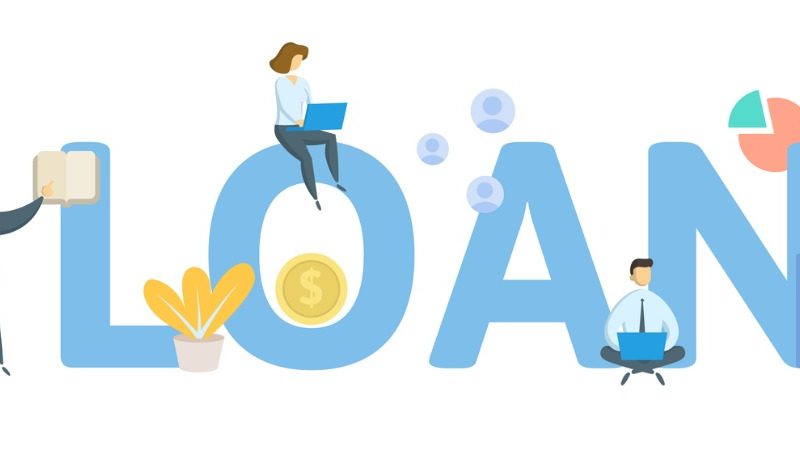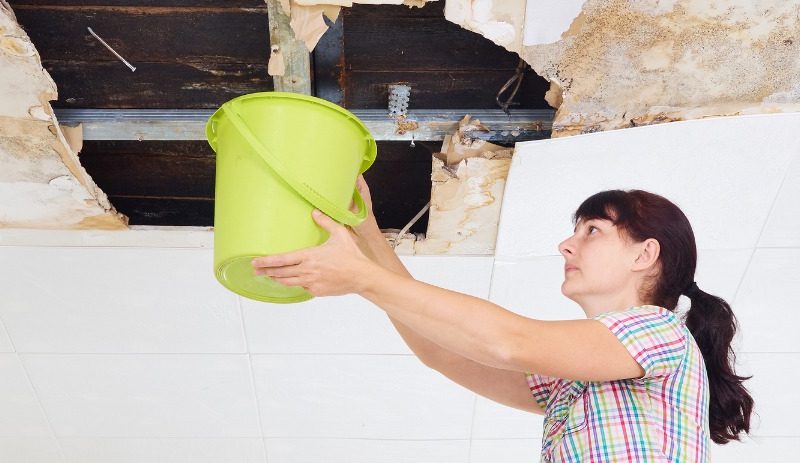Trick or trap: How much house can you really afford?
Do you like baked beans? Unless you want to be eating student grub for the next few years it’s a good idea to figure out how much house you can really afford.
Don’t be fooled by what the banks tell you that you can borrow. It’s not the same question. Can you really afford the repayments? Really? The banks’ calculators don’t always take into account all the other things you have to pay for when you’re a home owner.
What they do is crunch a minimum monthly surplus that the average person has after living costs are deducted. Who’s to say your spending patterns are “average”. What’s more, this “uncommitted monthly income” (UMI) calculation varies from bank to bank.
Every home buyer needs to do his or her own number crunching. The banks’ computers can’t predict that you’ll be dropping to one income when babies come along or, on the other side of the coin, that you’ll have an extra $1,000 a month earnings from Airbnb for a spare a room or sleepout you plan to let.
Here are some of the ‘what can I afford’ tricks and traps you’ll need to consider before signing on the dotted line of those mortgage documents:
Trick: Write yourself a monthly housing budget and compare it against your current spending. It’s often said that you shouldn’t be paying more than 40 per cent of your gross household income in mortgage payments. Make sure your budget includes repairs and maintenance, rates, water, utilities and insurances including house, contents, life, income/mortgage protection. Don’t forget to build in a buffer to cover for unexpected expenses such as insurance excesses.
Trap: Small deposits mean higher fortnightly or monthly mortgage payments. Bigger really is better when it comes to deposits. You’ll also find you become more attractive to lenders the larger your deposit gets.
Trick: Try living on your house budget for a few months to see if you can really afford to take the plunge. If you’re struggling every single week to make ends meet you might want to juggle your budget. Can you buy a more modest house?
Trap: Apartments are often way cheaper than other types of properties to buy. But most banks are nervous of lending on apartments and require bigger deposit than they do for standalone houses or home units. What’s more you’ll need to pay body corporate fees and sometimes leasehold charges on an apartment. Having said that, these fees reduce the amount you pay in maintenance because you only need to pay for work on the inside of your home not the outside.
Trick: Boost your income. Moonlight, sell stuff, start a business, rent your spare rooms to students, boarders or flatmates, get a promotion, babysit, sign the children up as actors or models, or simply spend less. Make a game of choosing not to buy things you’ve convinced yourself you “need”. That frees up more money for mortgage payments.
Trap: Some people fail the banks’ UMIs, but can in reality afford the mortgage. They might be the type of people who live on the smell of an oily rag and can prove it with their bank statements. It’s a really good idea in this situation to use a mortgage broker. Brokers (aka advisers) know how to overcome such road blocks.
Trick: Interest rates can rise and fall. It’s best to do your numbers on rates that are a fair chunk higher than currently. Someone who is really cautious might want to add two percent to the current rate. That way you’ll be sure you can stomach an interest rate rise, which will come eventually. Twenty five years is a long time and rates won’t always be at five per cent or below.
Finally, happy house hunting.
Credit Simple
Credit Simple gives all Kiwis free access to their credit score, as well as their detailed credit report. See how your credit score compares by age, gender and community and gain valuable insights into what it all means.
All stories by: Credit Simple


